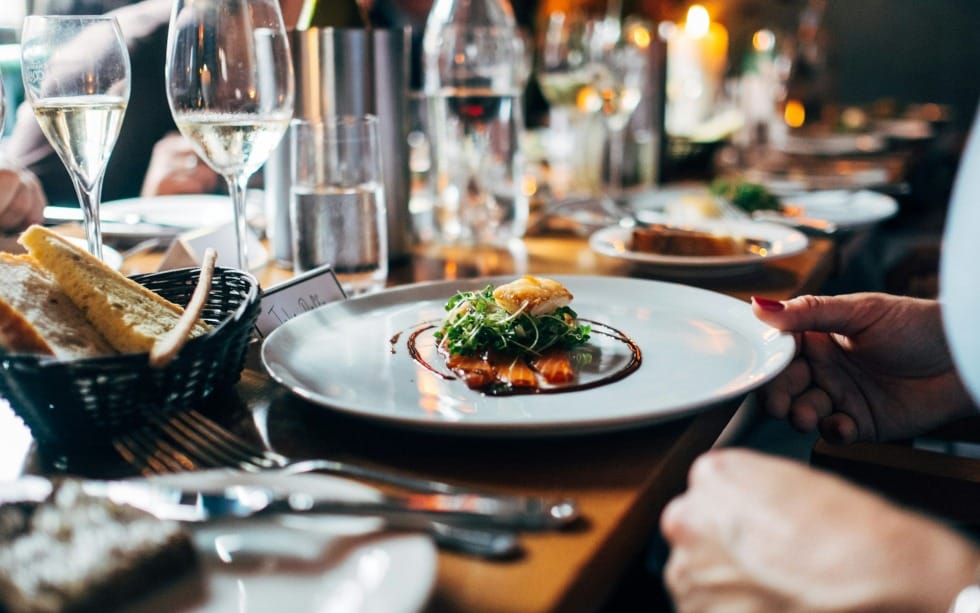Should I Always Pray Before I Eat?
Should I ALWAYS pray for my food? What if I'm in a restaurant or people are around?

As a teenage boy, I watched some brothers sit down together at Wendy’s to enjoy lunch before returning to the job site. I knew them as devout, faithful Christians and was curious to see if they would pray a blessing over the meal. When they didn’t, this made for painful dissonance in my young mind. Don't real Christians always say grace before eating?
I've grown a few years since then and have been in numerous pray-before-eating situations. There was the local preacher who saw our group at a McDonalds in Mississippi, struck up a conversation, and led us in prayer when our food came. He almost launched a revival service right there next to the Coke machine. But far more common is the “rub-your-eyes-while-opening-the-wrapper,” the “all-but-imperceptible head duck,” and the eyes-wide-open “thank-you-Lord-for-this-food-amen” as the first bite approaches the mouth.
I'm not one to castigate this as a legalism. We all try to figure out how to live, how to be real, and how to give everyday expression to our faith. And we want life to be genuine and vibrant, not perfunctory or rote, and least of all, determined by fixed rules. But we live in a mix of all of the above, and we all rely on some fixed things as points of reference to help us get through life. Does praying before a meal rise to that level?
I was always told we pray before a meal because of Jesus' example of blessing the loaves and fishes. Fair enough, but the idea has basis in the most fundamental realities of life. From whence comes our sustenance? When we ask for our daily bread, shouldn't we give thanks when it arrives? This brings to mind the Chesterton quip: “An atheist, overwhelmed by the beauty of life, was deeply grateful but had no one to thank.”
In spite of my own fixed ways of thinking, I have found myself in situations where it made no sense to stop and pray. There is grace in denying one's own scruples out of deference for others. But of course, there is also grace in saying grace, and so I have tried to learn to do it in the right spirit and whenever it makes sense. Which is most of the time.
Here are a few ideas that may help:
- Always say grace thoughtfully at home, whether a special meal or a quick lunch. Not long or showy, but intentional, knowing what it means.
- Use a pre-made prayer if you wish. “We thank you, Lord, for this our food, yet more because of Jesus' blood; let manna to our souls be given, the bread of life sent down from heaven” was a simple prayer I heard as a new Christian. I still love it.
- In public, don't be awkward, but don't neglect it either. It reminds you and others of the One in whom we “live and move and have our being.” Support such a public expression with behavior worthy of it, and tip as generously as you can manage.
I've not always done well with this, but I've learned that prayer before a meal is for our good. It's not for show or checking off the “rules to keep” list. It's not even for God. It's for us.
Dr. John Oswalt says the question of the Old Testament is, “Who meets my needs?” When we learn the true answer, we begin to rest in the care of our heavenly Father. He provides for us abundantly, and remembering that is what saying grace is for.




